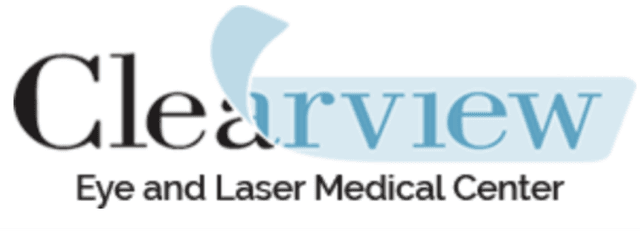
The natural lens of your eye works like a camera lens. Located behind the iris and the pupil, the lens focuses light onto the retina in the back of the eye, so you can clearly see objects. Commonly as we age, the natural lens loses flexibility and clarity. Protein components clump together in the lens causing it to become cloudy and allowing less light to enter the eye. This clouding of the lens is known as a cataract. The clouded area grows larger and thicker as more of the lens protein degenerates and clumps together. In turn, the lens becomes more opaque and harder to see through. Left untreated, the eventual result is blindness.
Symptoms of cataracts include blurry vision with colors that seem dim or faded with a yellow or brown tint. Patients often experience double vision and find that their night vision weakens. Haloes appear when looking at lights and reading or driving in dim light becomes difficult. There is also a heightened sensitivity to bright light and glare.
Natural aging is the main cause of cataracts and the development is usually slow and painless. Other risk factors that might speed the development of cataracts include:
At ClearView Eye and Laser Medical Center in San Diego, renowned eye surgeon Sandy T. Feldman, M.D., M.S., offers several surgical and non-surgical treatments. For cataracts that have not yet progressed, prescription glasses or bifocals can temporarily improve your vision. Once a cataract worsens, Dr. Feldman removes the cataract and uses an intraocular lens or IOL implant to rejuvenate your vision. There are many types of advanced intraocular lens implants. The most advanced intraocular lens implants also improve distance and/or reading vision and reduce the need for glasses or contacts. While cataract patients used to need thick-lensed, "coke bottle" glasses to see clearly after their cataract surgery, the revolutionary IOL implantation procedure now removes the cataract and completely restores clear vision. Some patients don't need glasses or contact lenses most of the time and enable us to rejuvenate your vision!
Use the following links to learn more about IOL's, the types of implantable lenses, and what you can expect both before and after your surgery:
We understand that losing your vision due to cataracts can be disconcerting and perhaps even frightening. Dr. Sandy T. Feldman and her caring staff will assist you throughout the entire process of vision restoration and rejuvenation. Please call or email us today to schedule a consultation with San Diego cataract surgeon, Dr. Sandy T. Feldman. We will take as much time as necessary to answer all of your questions and listen to your concerns.

Call Us: (858) 452-3937
8:30AM - 7:00 PM - Monday through Saturday (Saturday until 11:30AM)